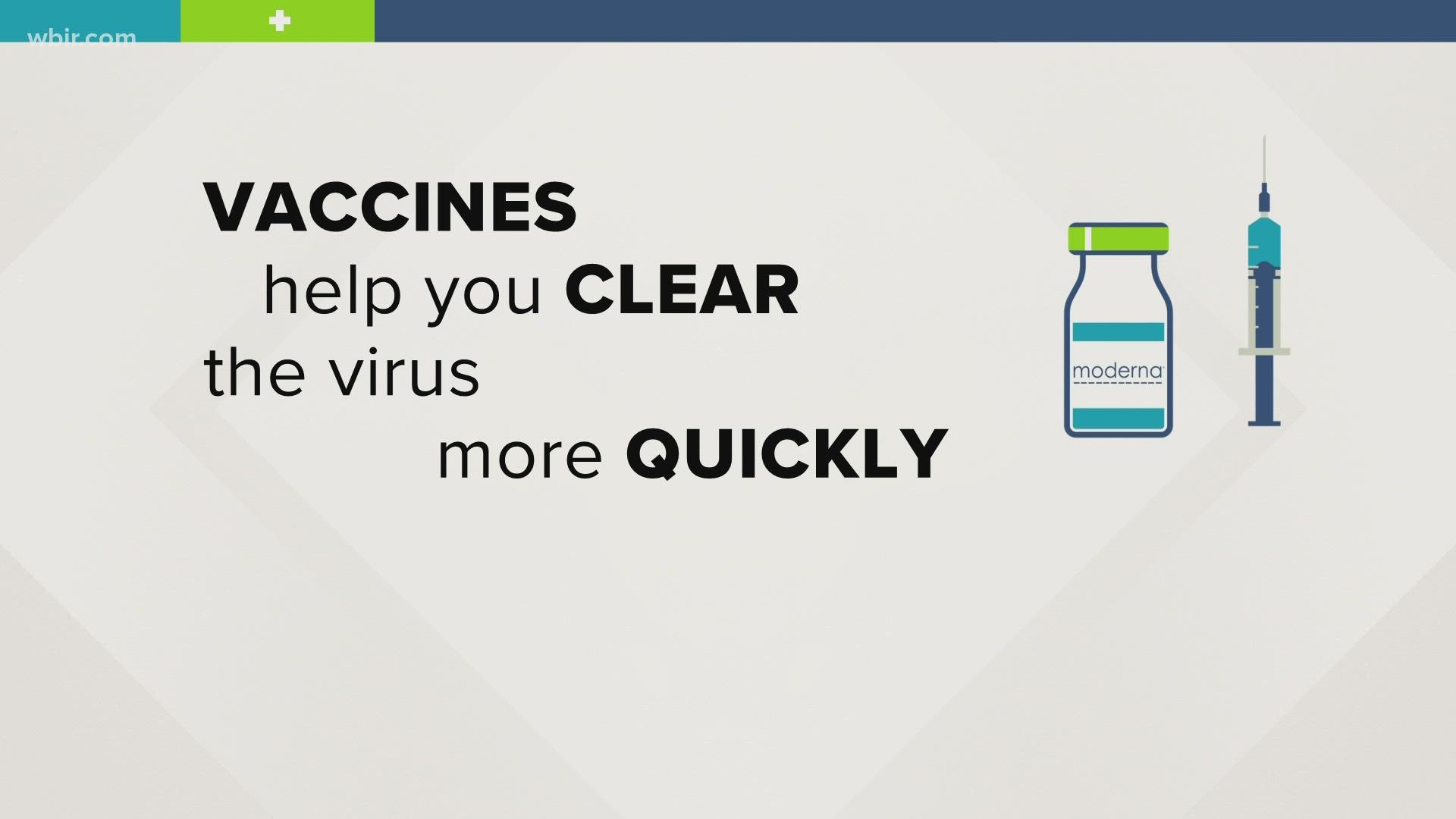KNOXVILLE, Tenn. — Covenant Health's Chief Medical Officer, Dr. Mark Browne, said the coronavirus is behaving the way doctors expect and as new variants come up, it becomes more contagious but less severe.
He said that comes with caveats: those who have underlying chronic illnesses, immune deficiency or who are not vaccinated are still at risk for severe illness with the Omicron variant.
Dr. Browne said data from other countries that had the Omicron variant shows what he would expect.
"They never saw the huge spike in hospitalizations and they never saw the huge increase in deaths from the disease," said Dr. Browne. "The surges appear to be much shorter."
At a briefing last week, Tennessee Department of Health Commissioner Dr. Lisa Piercey said only two of the three monoclonal antibody treatments approved for use work against the Omicron variant.
"We are beginning to see the percentage of Omicron in our community go up," said Dr. Browne. "They're no longer available to use."
Antibody treatments, however, are not a substitute for vaccinations. Dr. Browne also said COVID-19 vaccinations are still effective against the Omicron variant, especially with a third dose.
"Monoclonal antibodies will work after you've been infected," said Dr. Browne. "Vaccination has more of a preventative effect."
When asked, Dr. Browne said he is comfortable with new recommendations from the CDC, to isolate for 5 days instead of 10 after infection, especially because of the number of people who are vaccinated.
"The more vaccinated you are, the shorter your symptoms seem to be," said Dr. Browne.
He said Covenant Health will implement those guidelines, but each positive employee will be considered on a case-by-case basis.
"The science shows people who've been previously exposed or vaccinated or have some level of immunity," said Dr. Browne. "If they get Omicron, they don't shed the virus quite as long."
Dr. Browne said he reminds people to keep washing their hands and get the vaccine, for both the flu and the coronavirus.
"We're still in respiratory season, even though it's 70 degrees outside," Dr. Browne said.

